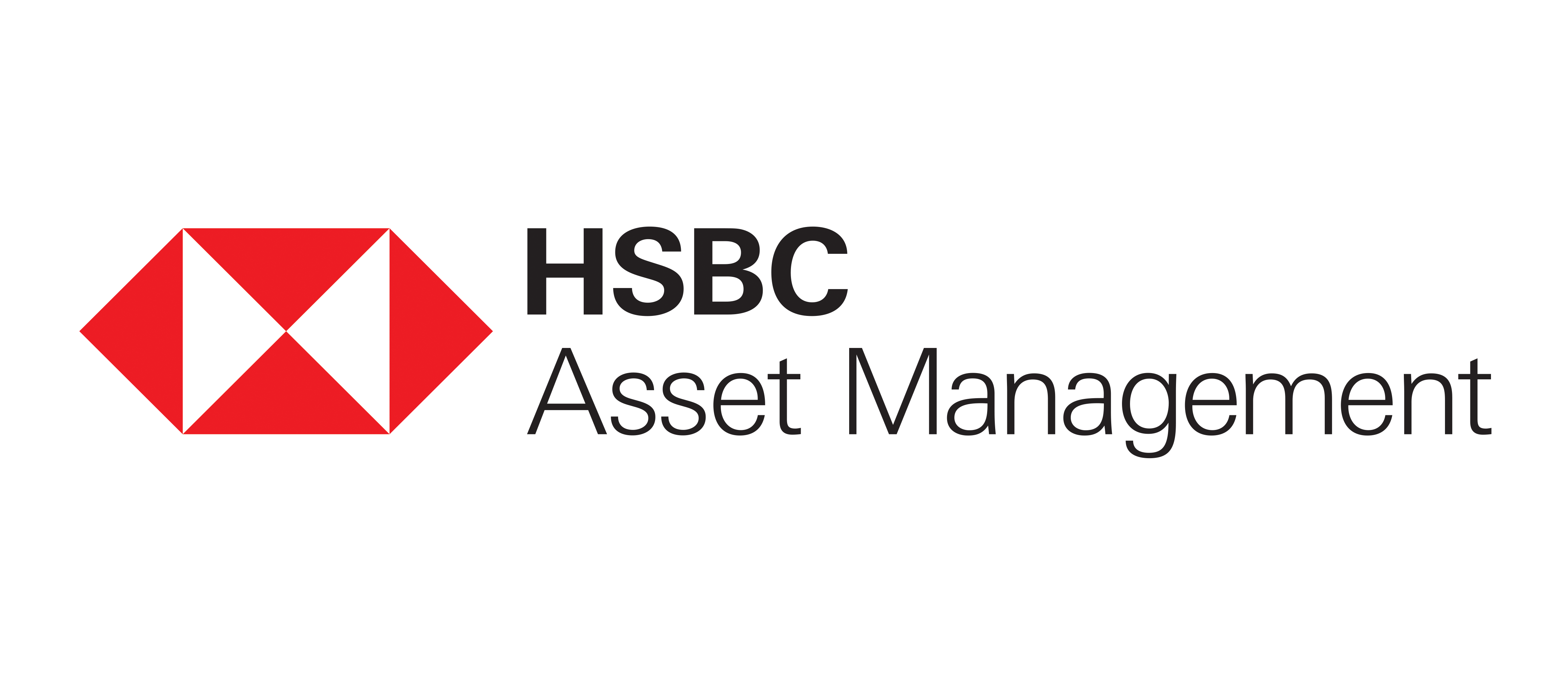Should you invest in Value Funds?

Many mutual fund investors may be familiar the term “Value Investing”. This term is often associated with the famous investor, Warren Buffet. However, the term value investing is not understood very well by many investors. In this article, we will discuss about value investing and value funds.
What are different investing styles?
Before we delve into value investing, it will be useful for you to know about other investment styles, so that you are able to make informed investment decisions because different equity mutual fund schemes follow different investment styles.
- Growth investing: Funds which are based on the growth investing style try to identify stocks which will deliver higher earnings per share (EPS) growth over the next few quarters. Capital appreciation in equities is directed related to EPS growth. Share prices usually go up when EPS increases and hence growth stocks exhibit faster growth in share prices. In a market like India, growth investing style is very popular.
- Value investing: Fund managers who follow the value style try to identify stocks which are trading at significant discounts to their intrinsic value. The market may over-estimate or under-estimate the intrinsic value of a stock. If the market is under-estimating the intrinsic value of a stock, then the current market price (share price) of the stock will be lower than the intrinsic value. Value fund managers will invest in stocks, where the market price is significantly lower than the intrinsic value as determined by the fund manager.
- Growth at a reasonable price (GARP): This investing style was popularized by legendary fund manager, Peter Lynch. This investing style blends growth and value investing. While the focus of GARP is on growth stocks (stocks with high EPS growth expectations), the fund manager also looks at price relative to EPS growth. In the GARP investing style, the fund managers would avoid stocks whose price (valuations) have run ahead of EPS growth.
Let us now delve deeper into value investing and value funds.
What is intrinsic value in value investing?
Value of a stock is the present value of future free cash-flows of the company. Fund managers estimate intrinsic value of a stock based through fundamental analysis i.e. analysis of the industry growth potential, the company’s competitive strengths, market share growth, operating margins, working capital and capex growth, financial projections including earnings per share (EPS) growth etc.
Wealth creation potential of value investing
Value investing is very popular globally. Benjamin Graham, an American economist and professor of Columbia University in New York, is acknowledged as the father of value of investing. His most famous student is Warren Buffet. Warren Buffet started investing in Berkshire Hathaway, which he later took over, when its share price was $8 (in 1962, source: Financial Express). The share price of Berkshire Hathaway today (as on 17th February 2023) is $467,373 (source: Bloomberg). Warren Buffet and his business partner Charlie Munger, attribute this phenomenal wealth creation to value investing. Even in India, which is considered to be a growth market, value investing has created wealth for investors. Rs 10,000 invested in MSCI India Value Index on 31st December 1996, would have grown to nearly Rs 1.4 lakhs by 31st January 2023 – nearly 14 times growth in about 26 years at a CAGR of 10.64% (source: MSCI, as on 31st January 2023). In the last 3 years, MSCI India Value Index has given CAGR returns of 17.5% (source: MSCI, as on 31st January 2023).
What are some characteristic of value stocks?
Value fund managers look at metrics like Price to Earnings ratio (PE), Price to Book ratio (PB) and Dividend Yield.
- PE Ratio: PE ratio is the current market price (share price) of a stock divided by its 12 month EPS. The 12 month EPS can either be the last 12 months (TTM PE) or estimated EPS over the next 12 months (Forward PE).
- PB Ratio: PE ratio is the current market price (share price) of a stock divided by its book value per share. Book value of a share is total assets minus total liabilities (excluding shareholder’s equity)
- Dividend Yield: Dividend yield is the annual dividend paid by the stock divided by the share price.Suppose the share price of a company is Rs 100. The company declares a dividend of Rs 10. The dividend yield will be Rs 10 ÷ 100 = 10%.
- Value fund managers will typically invest in stocks, which have low PE, PB and high dividend yield.
Margin of safety in value stocks
If you buy stocks which are trading at significant discount to its intrinsic value, you get a margin of safety.Margin of safety limits downside risk in deep market corrections since the prices are relatively low. Value fund managers aim to pick stocks which give them high margin of safety. Value funds may be more suitable to investors who do not have very high risk appetites. In volatile markets, value stocks can be attractive for investors looking for capital appreciation over long investment horizons.
How value funds create wealth?
Value funds invest in stocks which trade at deep discounts to its intrinsic valuation. The key to value investing is buying stocks at the right price when prices or valuations are low. These funds can give superior returns, when the market discovers the value of these stocks. This is known as valuation rerating. Valuation rerating and earnings growth help value funds deliver superior returns in early stages of economic recovery.
How to identify value stocks?
It is very important for investors to understand that a stock does not become a value stock, just because it has fallen 30% or 40% or even 50% or more. You should not make investment decisions purely on the basis of share price because it can cause a lot of harm to your financial interest. You have to see share price relative to earnings growth potential of the stock. To quote Warren Buffet, “Growth is an integral component of Value”. It takes considerable investment expertise and experience to identify value stocks. If you do not have the necessary expertise to identify value stocks, you should invest in mutual funds which invest in such stocks – value funds. These funds are managed by professional fund managers who have the necessary expertise and experience in identifying value stocks.
Why invest in value funds now?
- Global inflation has been stickier than previously anticipated. This may force central banks to increase interest rates more than previously anticipated by the market or keep them elevated for a longer period of time than previously anticipated.
- Since the inflation and interest rate outlook is uncertain, the market may continue to be volatile for some time. In volatile markets, value stocks provide a margin of safety for investors.
- India outperformed in 2022 when global markets (major markets like US, Europe, China etc) were down. Valuations may be stretched in some stocks and a value based stock specific investment approach may be suitable in the current environment.
- Value stocks outperform in early stages of economic recovery, which is when valuation rerating takes place. EPS also picks up at this stage and value funds get twin benefits of valuation rerating and EPS growth.
- Value funds provide diversification to your investment portfolio. The MSCI India Value Index outperformed the MSCI India Index (comprising of both growth and value stocks) for around 50% of the times in the last 15 years.
![Value funds provide diversification to your investment portfolio Value funds provide diversification to your investment portfolio]()
Source: MSCI, as on 31st January 2023. Disclaimer: Past performance may or may not be sustained in the future
- Value investing requires considerable bottom up stock picking expertise backed by strong research capabilities. You should invest in funds with strong long term performance track record.
- You should have very long investment horizons for value funds, since the prices of value stocks can remain depressed for a long time till the market discovers their value.
You should consult with your financial advisors if value funds are suitable for your investment needs.
Issued as an investor education initiative by HSBC Mutual Fund.
Mutual Fund Investments are subject to market risk, read all scheme related documents carefully.
We are a global asset manager with a strong heritage of successfully connecting our clients to global investment opportunities.
Our proven expertise in connecting the developed and developing world allows us to unlock sustainable investment opportunities for investors in all regions. Through a long-term commitment to our clients and a structured and disciplined investment approach, we deliver solutions to support their financial ambitions.
Other Links
POST A QUERY






